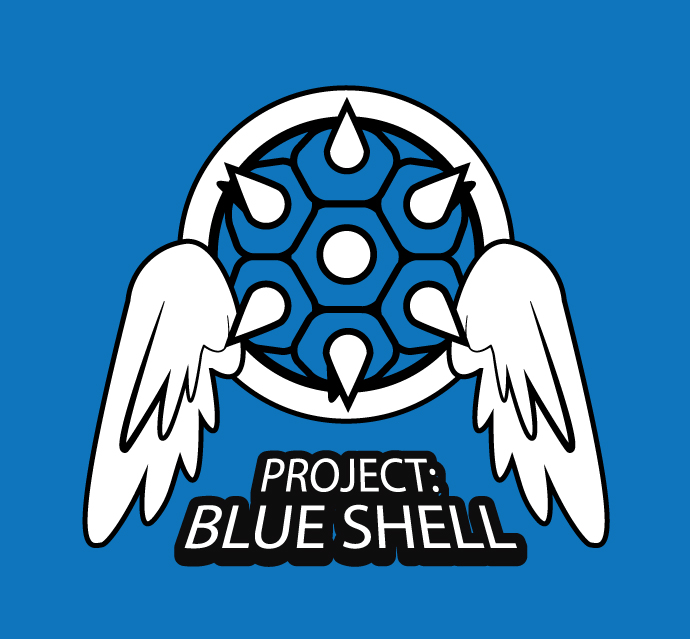Philanthropy & Houston Gaymers
What is Project Blue Shell?
Project Blue Shell, named after a unique item within the Mario Kart games that helps players when they fall behind, is a custom box that contains a Nintendo 2DS, a copy of Mario Kart, and one other game. It also contains information on Houston Gaymers, along with branding on the system itself that says the box was donated by our group. If the box is sponsored by another organization or business, their name will be included in the branding as well, recognizing their contribution.
While the boxes are mainly distributed to children’s hospitals, they are also given to other locations like nursing homes, women’s shelters, veteran’s organizations, and more.

What Project Blue Shell Accomplishes
- Video games are therapeutic for children with chronic illnesses: The University of Utah released a study in 2012 that examined the effects of regular gaming on children diagnosed with illnesses like autism, depression, and Parkinson’s disease. Kids who played certain games, including one designed just for the study, showed signs of improvement in “resilience, empowerment, and a ‘fighting spirit.’”
- Video games reduce stress and depression: 2009’s Annual Review of Cybertherapy and Telemedicine included a study that found that gamers who suffered from mental health issues such as stress and depression were able to vent their frustration and aggression by playing video games — and showed a noted improvement. The study hypothesized that games gave certain “Type A” personalities time to relax in “a state of relative mindlessness” that allowed them to avoid reaching “a certain level of stressful arousal” as they tried to relax.
- Video games provide pain relief: Video games don’t just provide relief from emotional pain. They can also help those who are suffering from physical pain. Psychologists at the University of Washington developed a game that helps hospital patients suffering from immense physical pain by using an age-old mental trick: distraction. The virtual reality game “Snow World” put patients in an arctic wonderland in which they throw an endless arsenal of snowballs at a series of targets, such as penguins and snowmen. Military hospitals found the experience helped soldiers recovering from their battlefield wounds. The soldiers who played “Snow World” required less pain medicine during their recuperation.
